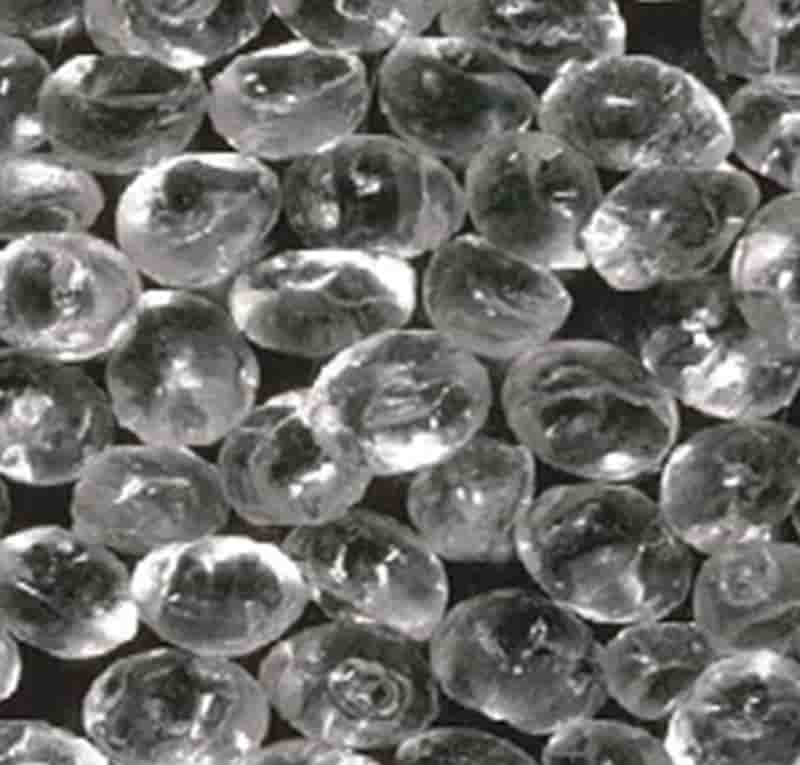Recyclers in Europe have been assured of a key role as the EU looks for greater circularity when it develops its industrial strategy over the next five years.
The commissioner responsible for the circular economy (CE), Aurel Ciobanu-Dordea, stressed the importance of both a CE and recyclers when speaking at the International Automobile Recycling Convention in Antwerp on 20 June. He also suggested the Waste Directive could be re-framed as a ‘resource’ directive when it is next reviewed.
Ciobanu-Dordea’s wide-ranging address also floated the idea of lower taxes for recycled content in new products; embraced chemical recycling (CR) as a complement technology to mechanical recycling; and suggested more would be done to retain critical raw materials and other vital resources within the EU. Biobased
‘Tsunami’ of regulations
He began by apologising for the previous ‘hectic four-to-five years’ when the European Commission had prepared a ‘tsunami’ of regulations in the wake of the Green Deal, saying he had listened to calls for greater predictability in future.
‘We will act in a more integrated way. We will try to make new proposals as a package because this will improve the conception. Biobased
‘In practice, CE models are still reserved to the pioneers and on the fringes of the economy. We need to make the fringes the mainstream.

New Developments in the Chemistry of Advanced Flame Retardant Materials
With the rapid advancement of flame retardant chemistry, an increasing number of both intrinsic and additive flame retardant materials (e.g., polymers, woods, composites) are being developed for various applications, ranging from the electrical and electronics (E&E) sector and transportation to energy materials and aerospace. Over the past decade, the environmental and health properties of specific flame retardants, coupled with the ensuing international and national laws and regulations, have created a demand for effective and safer alternatives. Biobased
The primary objective of contemporary research and development in flame retardant chemistry is to integrate fire retardancy into materials without causing significant alterations in their properties and processing parameters, while also considering environmental and health impacts. This challenging goal necessitates comprehensive studies and innovative approaches to create advanced flame retardant solutions that meet stringent safety and sustainability standards.

Germany’s PLA Prices Maintain Stability Driven by Consistent Demand and Sustainable Initiatives
Germany’s Polylactic Acid (PLA) market experienced a period of stability. PLA prices were recorded at USD 2,430 per metric ton (MT) on a CFR (Cost and Freight) Hamburg basis, marking a marginal increase of USD 10/MT, or 0.4%, from the previous week. This stability was supported by a balance between supply and demand, driven by consistent requirements from key industries and steady domestic production. Biobased
Demand for PLA remained robust, fueled by continuous consumption in packaging, 3D printing, and textiles. Seasonal variations, such as increased demand for cold beverage packaging during summer, had minimal impact on overall demand stability. On the supply side, domestic production facilities in Germany operated regularly, ensuring a steady flow of PLA. This was complemented by stable import volumes from neighboring countries such as the Netherlands, Belgium, and the USA, preventing any oversupply issues.
Balanced inventory levels at manufacturers and distributors further contributed to price stability. Biobased

Covestro Adnoc – Saudi Arabia cuts crude oil prices 25-06-2024
Biobased




